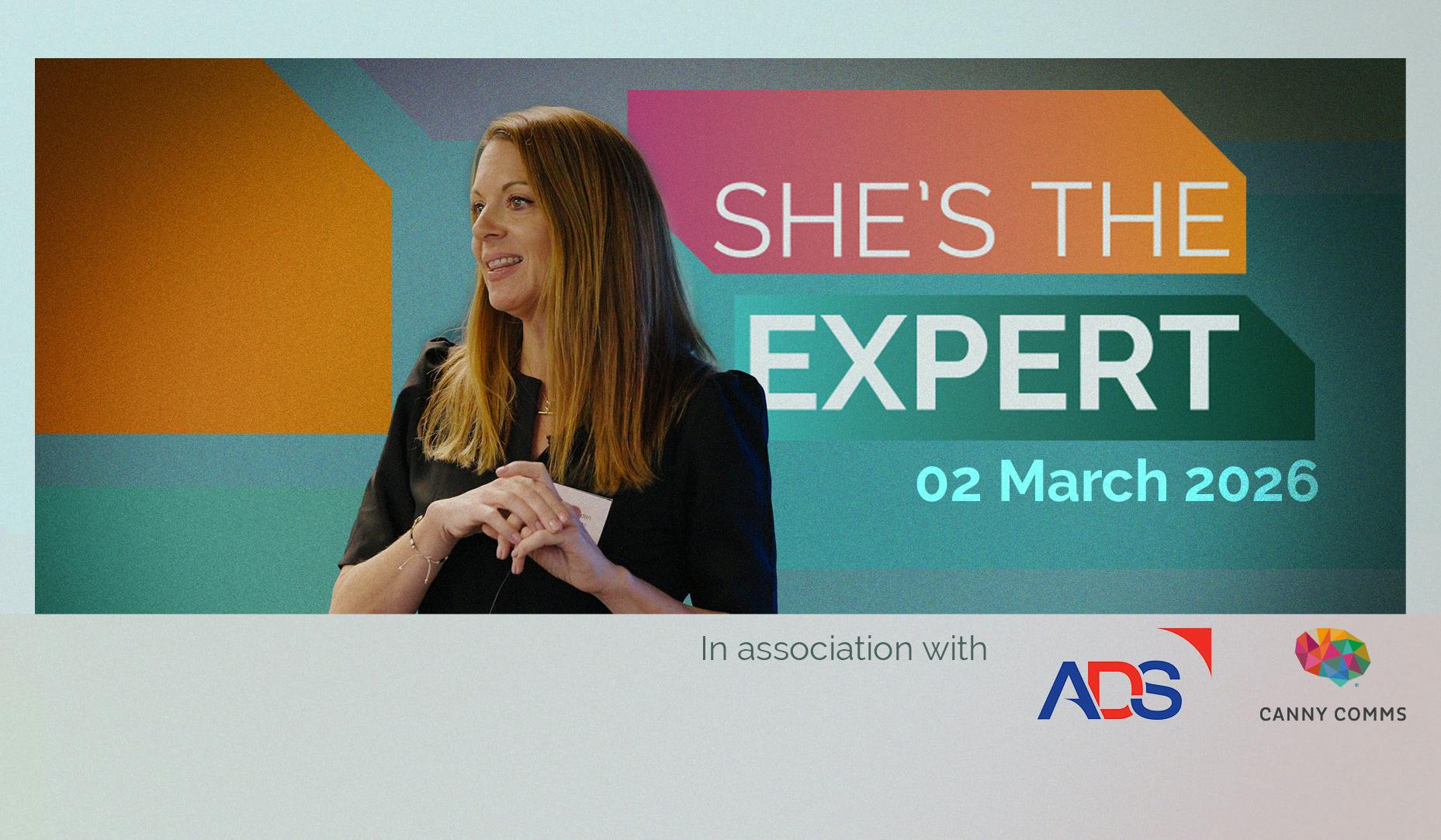Back to news & insights
Unlocking Strategic Success: Insights from Experienced Strategist Les Gregory
Wise words from experienced strategist, Les Gregory, to help you achieve strategic success and avoid failure.

This is the topic of an entire management course. Course content may include a romp around areas such as a flawed business case, a weak understanding of your current position, over-optimism about almost everything, a change in the environment or customer/competitor behaviour that you didn’t predict and to which you can’t respond… the list goes on.
Many strategies also fail, of course, because they don’t get implemented: they stay in a folder – usually a blue one in my experience – so that companies can say they have a strategy.
Strategies are generally about people. One of the great weaknesses of almost everyone is the overpowering desire to believe that the future is simply more of the past – more specifically, that the future is a linear extrapolation of the past.
Despite there being overwhelming evidence to the contrary, a majority, certainly those who deem themselves to be ‘doing ok’ have a cognitive bias that reinforces the perception of future stability which is rarely seen in practice.
This is important when a business wants people to change to implement its strategy. Much advised is the notion of a “north star”, the “burning bridge”, the “sunny uplands”, ensuring your teams understand what they are all striving towards and their part to play in achieving it. But selling these ideas to a workforce – or a wider stakeholder community - who might have to undergo some instability or change is a non-trivial element of strategy implementation.
At its core, this is about strategic clarity, simply expressed in a language to which all stakeholders can relate and which is constantly reinforced.
This isn’t about broadcasting a message – if a business undertakes this journey of change, the management and strategists must allow themselves, as part of this communications process, to embrace the almost limitless demands for evidence, cross-examination and dialogue. Silence, although often hoped for, is far more worrying, than engagement and critique: these are signs that stakeholders are trying to understand
No matter how well-founded the intent and no matter how well-crafted the strategy, without consistency and clarity in communications, your stakeholders – be they clients, customers, employees, local communities – cannot be aligned, even if they say they are, with the strategic intent of the business. As important as the plan, is the plan of how you’ll explain it to your team, including the time to listen and adapt your plans, based on your employees’ challenges and ideas.
Les Gregory - Strategic Success
Les is a defence and security industry specialist. Up until last year, Les was a board member of £650m pa BAE Systems Maritime services. He is now one of Canny Comms senior consultants, providing expertise in business strategy, business development and win strategies.
More news & insights

She's the Expert
Last updated: February 2026

Part 2 - While Whitehall reorganises, what should defence companies actually do?
Last updated: January 2026

Part 1 - When rebranding could cost £100 million: What America's "Department of War" teaches us about defence communication
Last updated: January 2026